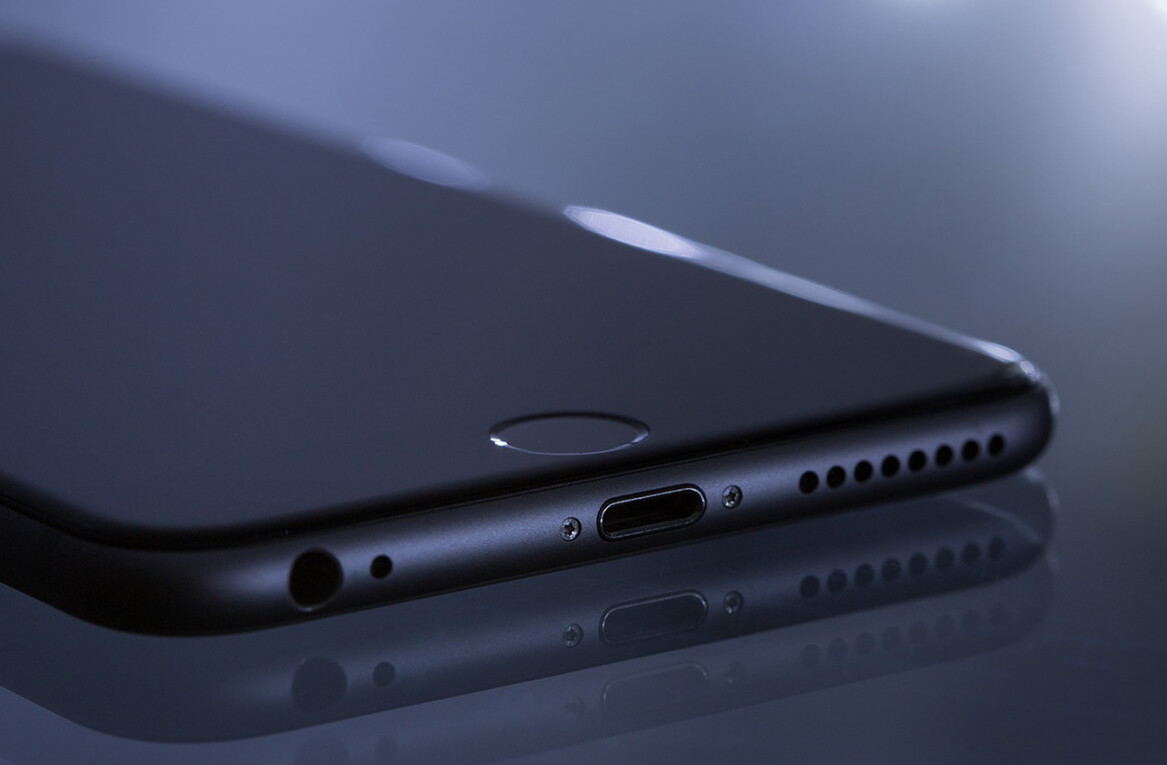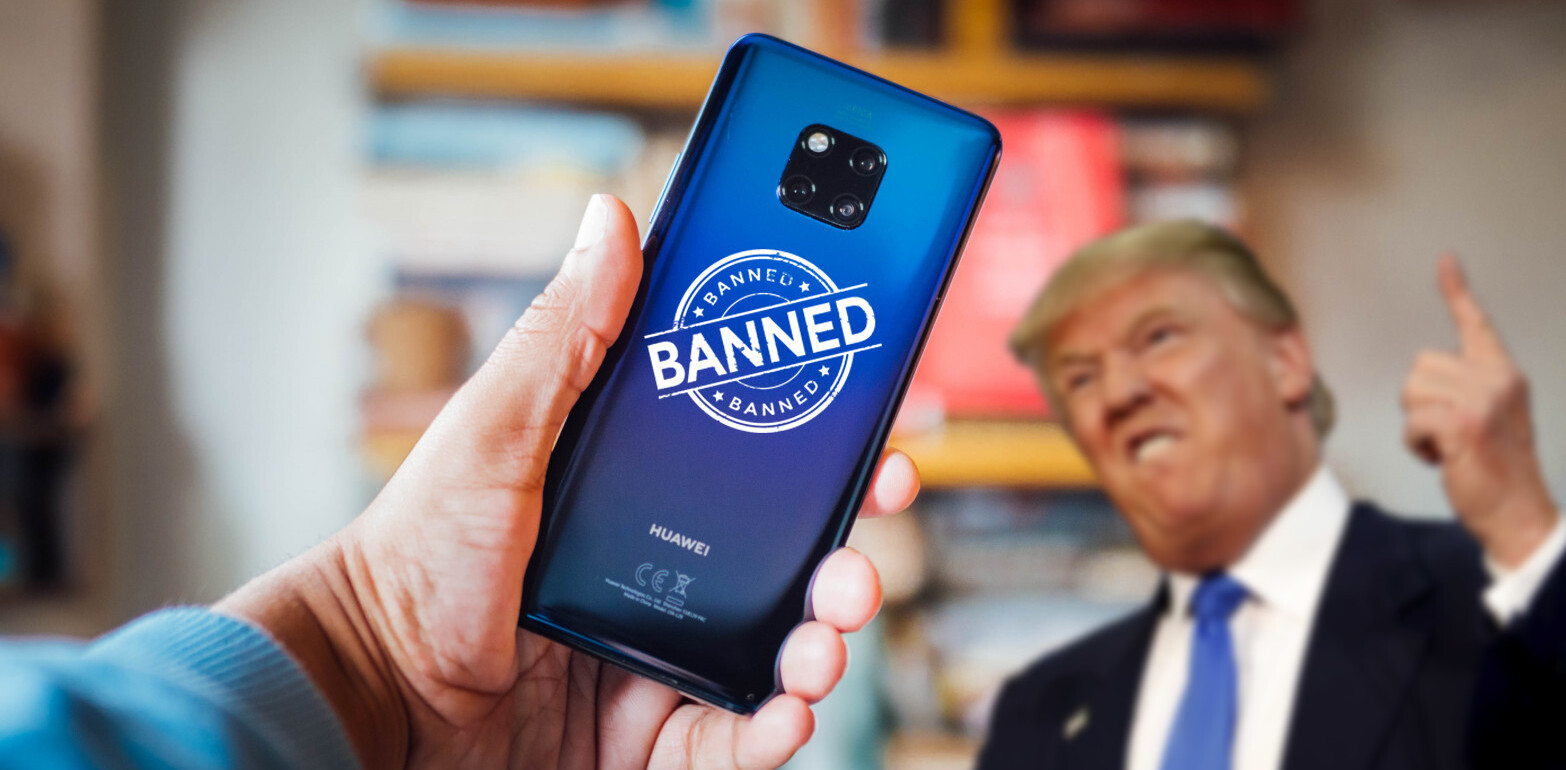The writing’s been on the wall for a long time now, but Gartner’s latest report has confirmed that Microsoft’s Windows Phone platform, as well as BlackBerry OS, have worn out their welcome.
While global smartphone sales grew by nearly 4 percent in the first quarter of this year, Windows Phone’s market share dipped from 2.5 percent in Q1 2015 to 0.7 percent in Q1 2016. BlackBerry’s share shrunk by half to 0.2 percent in the same time frame.
It’s hardly surprising, especially in BlackBerry’s case. The company said last October that it had no plans to schedule releases of new SDKs and APIs for its OS, and its minuscule market share has likely caused developers including Facebook and WhatsApp to drop support for the platform in recent times.
With that in mind, it seems pointless for developers to continue releasing and supporting apps for those two platforms.
That doesn’t mean that Microsoft or BlackBerry are getting out of the smartphone game. Microsoft is making great strides in building Windows 10 for mobile devices and is rumored to be working on a Surface phone for 2017 – but it may not produce any more Lumia models in the future, and that’s probably a good thing.
BlackBerry believes that Android may allow it to continue to survive a little longer. CEO John Chen said last month that the company is working on two affordable Android-based phones. However, it’ll face an uphill battle trying to carve a niche for itself in the wildly competitive smartphone market.
For now, if you’re looking to develop for mobile platforms, you’d do well to build software for Android and iOS, and consider the pros and cons of getting in early on Windows 10 Mobile.
Via The Verge
Icon by The Noun Project
Get the TNW newsletter
Get the most important tech news in your inbox each week.




